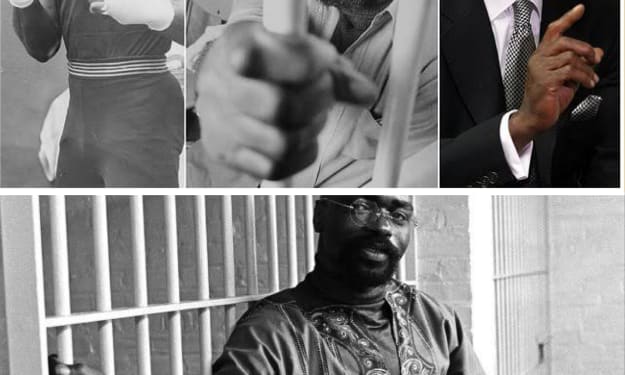Avery's Wrongful Conviction
Steven Avery, initially wrongfully convicted of a 1985 assault, gained attention in 2005 for the murder of Teresa Halbach

Steven Avery, a resident of Manitowoc County, Wisconsin, became a household name in 2005 when he was accused of a shocking crime that would later spark a high-profile legal and media frenzy. The case highlighted issues within the criminal justice system and raised questions about the fairness and accuracy of investigations and trials.
Avery's initial brush with the law occurred in 1985, when he was wrongly convicted of a sexual assault he did not commit. Despite maintaining his innocence, Avery served 18 years in prison before DNA evidence exonerated him in 2003. His release was met with public attention and support, as his case underscored the potential flaws within the criminal justice system.
However, just two years after his release, Avery found himself at the center of another crime. In 2005, photographer Teresa Halbach went missing, and her last known appointment was at Avery's family salvage yard to photograph a vehicle for sale. This connection led law enforcement to focus their investigation on Avery. As evidence started to surface, Avery was arrested and charged with the murder of Teresa Halbach.
The subsequent trial garnered immense media attention due to the prior wrongful conviction, as well as the involvement of the local law enforcement, which had previously been embroiled in Avery's earlier wrongful conviction case. The defense argued that Avery was being framed by law enforcement due to his intention to sue Manitowoc County for his wrongful imprisonment. The prosecution, on the other hand, presented evidence linking Avery to Halbach's murder, including DNA found on the victim's vehicle and belongings, as well as her remains on Avery's property.
The trial resulted in Avery's conviction and he was sentenced to life in prison without the possibility of parole. His nephew, Brendan Dassey, was also implicated in the crime based on his confession, which was later the subject of significant controversy. Dassey's confession was characterized by many as coerced, as he had a low IQ and was subjected to aggressive questioning by law enforcement without proper legal representation. His case drew attention to the issue of false confessions and the vulnerability of young suspects during interrogations.
The documentary series "Making a Murderer," released on Netflix in 2015, brought widespread attention to Avery's case and the doubts surrounding his conviction. The series delved into the evidence presented at trial, the conduct of law enforcement, and the legal strategies employed by both the prosecution and defense. "Making a Murderer" cast doubt on the fairness of Avery's trial and raised questions about whether he was wrongfully convicted for a second time.
In the years following the release of the documentary, Avery's case has remained in the public eye, with many advocating for his release and raising concerns about the potential mishandling of evidence and misconduct by law enforcement. Avery's legal team has continued to file appeals and seek to overturn his conviction based on alleged violations of due process and misconduct.
The Steven Avery case is emblematic of broader issues within the criminal justice system, including the potential for bias, wrongful convictions, and the complexities of fair trials. It highlights the importance of thorough investigations, the proper handling of evidence, and the protection of suspects' rights during interrogations. The case has become a symbol of the need for ongoing reform and transparency within the criminal justice system.
As of my knowledge cutoff in September 2021, Steven Avery's legal journey continues, and the case continues to be a topic of debate and discussion within legal circles, the media, and the public. Please note that developments beyond that date are not included in this summary.
About the Creator
Enjoyed the story? Support the Creator.
Subscribe for free to receive all their stories in your feed. You could also pledge your support or give them a one-off tip, letting them know you appreciate their work.





Comments
There are no comments for this story
Be the first to respond and start the conversation.